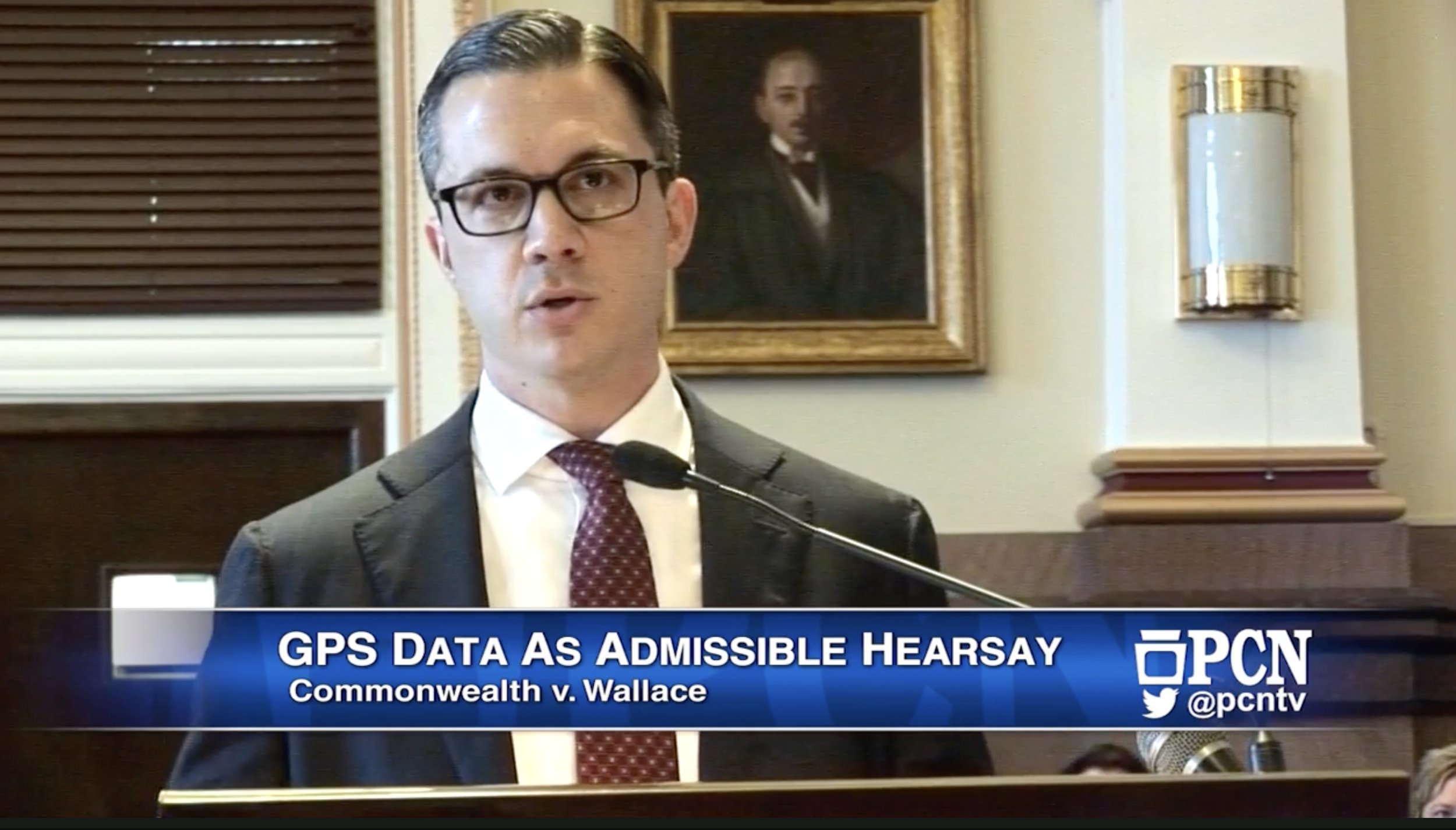PA Superior Court: Police May Enter Car To Retrieve Ghost Gun Without Warrant If Gun In Plain View
Philadelphia Criminal Defense Lawyer Zak T. Goldstein, Esquire
The Superior Court of Pennsylvania has decided the case of Commonwealth v. Malik Smith, overturning a previously granted motion to suppress relating to the search of a vehicle from which the police found a “ghost gun.” The Superior Court concluded that the trial court should not have suppressed a gun found in a car pursuant to a warrantless search of that car because the police properly entered the car under the “plain view” exception to the warrant requirement.
The Facts of Com v. Malik Smith
The defendant was pulled over in his vehicle for operating the vehicle with excessive tint on the windows in violation of the Motor Vehicle Code. The defendant was the lone occupant of the vehicle and was directed to roll down all the windows. As Officers approached the vehicle, one of the Officers observed a firearm on the rear floorboard. The officers ordered the defendant to exit the car, put him in handcuffs, and put him in the back of the police car. The defendant did not have a license to carry and was eventually charged with various violations of the uniform firearms act (VUFA). Prior to trial, the defendant moved to suppress the gun, arguing that police should have obtained a search warrant prior to the search and that the search was not legal under the plain view exception to the warrant requirement because the police did not know if the defendant had a license to carry. The trial court granted the motion to suppress, and the Commonwealth appealed.
The Superior Court’s Ruling on Appeal
The Superior Court reviewed the legal conclusions de novo, limited by the factual findings of the trial court. In its review, the court determined that the plain view doctrine allowed for the seizure of the firearm without a warrant. The Superior Court prefaced this determination based on a previous case Commonwealth v. Collins, 950 A.2d 1041 (Pa. Super. 2008). In Collins the court set out a three-pronged standard: “(1) an officer views the object from a lawful vantage point; (2) it is immediately apparent to him that the object is incriminating; and (3) the officer has a lawful right of access to the object.”
First, the Superior Court determined that the traffic stop was lawful and thus when the officer observed the firearm, it was from a lawful vantage point. The traffic stop for the window tint was justified because window tint violates the Motor Vehicle Code. Therefore, police had the authority to conduct the initial stop and pull the vehicle over.
Second, the court reviewed the second factor of whether it was immediately apparent that the firearm was incriminating - in other words, was it obviously illegal or some kind of contraband. In Commonwealth v. Hicks, 208 A.3d 916 (Pa. 2019), the Pennsylvania Supreme Court ruled that possession of a firearm is not enough to infer criminal activity. When the officer observed the firearm, however, based on his years of experience, he was able to see that it had been modified, and was a “ghost gun.” Using a totality of the circumstances approach, the Superior Court determined that the incriminating nature of the firearm must have been immediately apparent, meeting the second prong. This factor is the most dubious under Hicks, but ghost guns are generally not legal in Pennsylvania, so had the officer not been able to tell that it was a ghost gun, the court might have reached a different conclusion. Finally, the court found probable cause to believe a crime had been committed based on the incriminating appearance of the firearm. Because the officer lacked advance notice and an opportunity to obtain a warrant, the officer had a lawful right to access the firearm and conduct a search.
Having met the three prongs needed to meet the plain view exception, the Superior Court determined that the seizure was lawful and did not violate the Fourth Amendment to the United States Constitution and Article I, Section 8 of the Pennsylvania Constitution. It therefore reversed the order of the trial court and remanded the case for trial. This case unfortunately represents a step away from the broad privacy rights granted by the Supreme Court in Commonwealth v. Alexander and Commonwealth v. Hicks. In Commonwealth v. Alexander, the Supreme Court held that police should get a search warrant prior to searching a car. In Hicks, the Court held that police may not assume that someone is possessing a gun illegally because many people possess firearms perfectly legally under the Second Amendment. Now, however, the Superior Court has begun to carve out significant exceptions to these two basic principles to the detriment of the defendant in this case and to the rights of citizens everywhere to be free of warrantless searches.
Criminal Defense Lawyer Zak Goldstein
If you are facing criminal charges or under investigation by the police, we can help. We have successfully defended thousands of clients against criminal charges in courts throughout Pennsylvania and New Jersey. We have successfully obtained full acquittals in cases involving charges such as Conspiracy, Aggravated Assault, Rape, and Murder. We have also won criminal appeals in state and federal court. Our award-winning Philadelphia criminal defense lawyers offer a free criminal defense strategy session to any potential client. Call 267-225-2545 to speak with an experienced and understanding defense attorney today.


